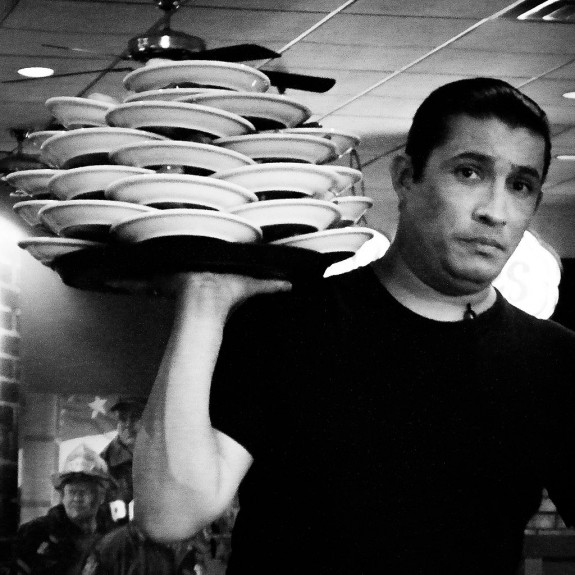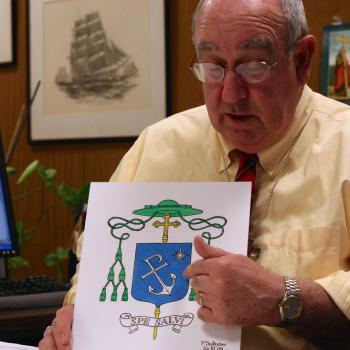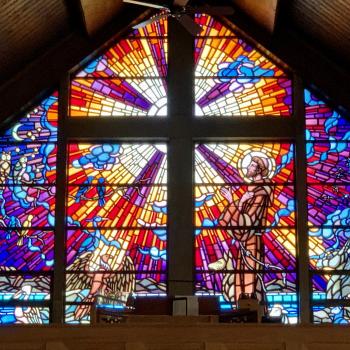A diaconal bow to my Byzantine brother, Deacon Daniel Dozier, who posted this on Facebook.
Some great insight into the meaning and purpose of deacons in the Orthodox Church:
“Deacon” literally means server. Deacons are the waiters (servants, slaves) at the table of the Lord (e.g., Luke 14:16-24; John 2:1-11). Therefore they are usually found during Liturgy around the altar helping the priest. Deacons are also the earthly equivalent of the angels who are intermediaries between God and man (Hebrews 1:14). So, they are often mediators uniting the laity with priests and bishops, or deacons sometimes represent the Church’s interests to the populous. Additionally, deacons are the third rank of the ecclesiastical hierarchy appointed to relieve bishops and priests from work they are too busy to fully attend to (see Acts 6:1-6). Therefore, deacons often minister to widows, orphans, shut-ins, the poor, the sick, the disabled, the imprisoned, the undereducated, and others with special needs.
However, more important than what they do, deacons represent something of tremendous value within the Body of Christ: they are our models of service – no matter what form that service takes. Throughout the Gospels, Jesus places particular emphasis on being a servant as a defining characteristic of His followers. For example, our Lord stated, “Whoever serves me must follow me, and where I am, there will my servant be also. Whoever serves me, the Father will honor” (John 12:26). To be a servant is to emulate Christ Himself: “. . . whoever wishes to become great among you must be your servant, and whoever wishes to be first among you must be slave of all. For the Son of Man came not to be served but to serve, and to give his life a ransom for many” (Mark 10:43-45, cf Luke 22:27). In these verses, “servant” in Greek is “diakonos” [διάκονος]. Therefore, all Christians are called to be “deacons” in whatever their circumstance in life. The role of the ordained deacon is a “sermon without words,” a living icon, of this calling to all believers. If you consider we will be judged based on our service to others (Matthew 25:31-46), then it is obvious how vital it is that we are continually reminded to serve.
The office of the deaconate completes the triune ministry of the priesthood established by God. In the Old Testament, those that ministered to God on behalf of Israel were the Aaronites (Exodus 28-29; Leviticus 8-10; 16; 21-22) and the Levites (Exodus 32:25-29; Numbers 3:12-13; 18:21-24; 35:2-8). The Aaronites (a sub-clan of the Levites) where divided into those that where chosen to be high priests—or “chief priests” in the New Testament—and the regular priests. Those three offices correspond to the Church’s priesthood of episcopate (chief priest), presbyter (regular priest), and deacon (Levite). This sacerdotal division of labor—in very simplified terms: administrator, handler of the sacrifice, and servant—made for a balanced whole. However, this team functions well not only when the roles are well-defined (each with their own particular tasks as defined by Scripture and Church Canon), but also when the number of ministers represents the duties that need to be accomplished.
Read it all. Fascinating stuff.
Photo: Wikimedia Commons












